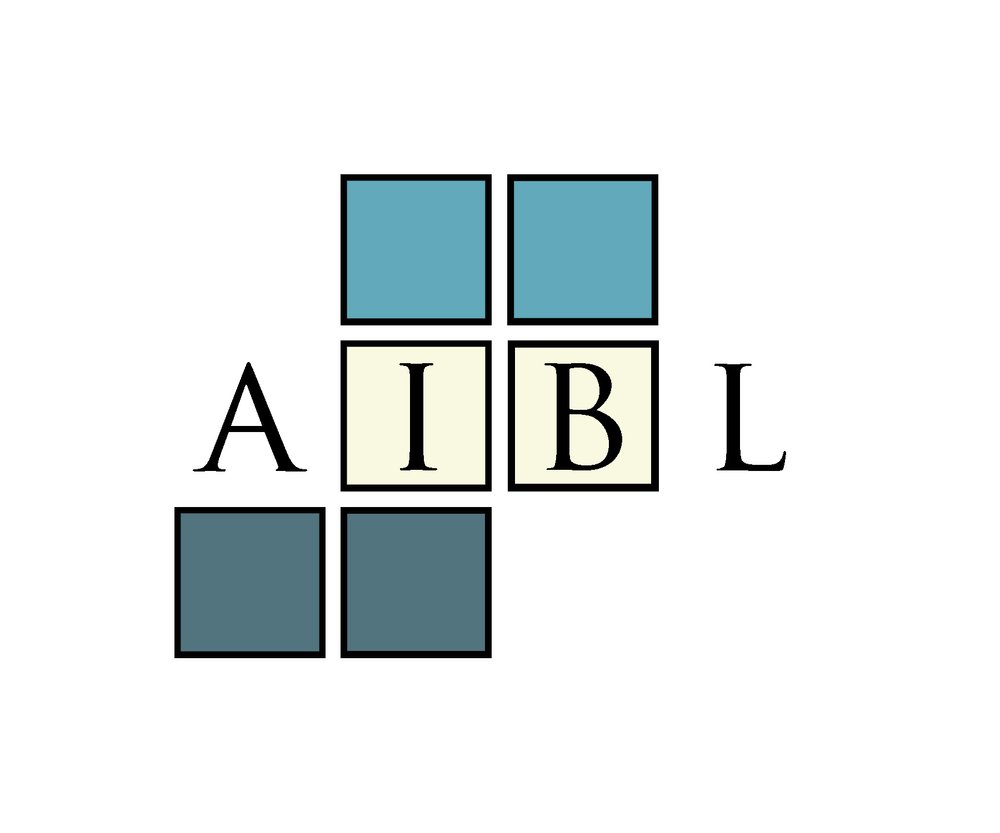Supporting Instructors, inspiring students
The Academy of Inquiry Based Learning is an organization focused on improving teaching and learning in higher education mathematics. AIBL supports college math instructors via professional development and learning communities to effectively and equitably implement IBL methods in undergraduate mathematics courses.
The Pillars of Good Teaching
Students should be appropriately and skillfully nurtured in class AND instructors should assess students in ways consistent with the philosophy of IBL learning. The current (2022) great 8 pillars form the basis for IBL teaching today. AIBL supports college math instructors in developing their courses aligned to these pillars.
The pillars of IBL teaching
Students deeply engaged in rich mathematical sense making.
Regular opportunities for students to collaborate with peers and instructors.
Instructor inquiry into student thinking.
Instructor focus on equity.
Laursen, Rasmussen (2019), https://doi.org/10.1007/s40753-019-00085-6
The pillars of grading for equity
Clearly defined standards.
Helpful feedback.
Marks indicate progress.
Reattempts without penalty
Four pillars of grading for equity adapted from the Four Pillars of Alternative Grading, developed by David Clark and Robert Talbert at http://www.gradingforgrowth.com.
Contacts
Director of AIBL is Stan Yoshinobu, Department of Mathematics, University of Toronto.
Co-Director Dana Ernst, Department of Mathematics, Northern Arizona University
